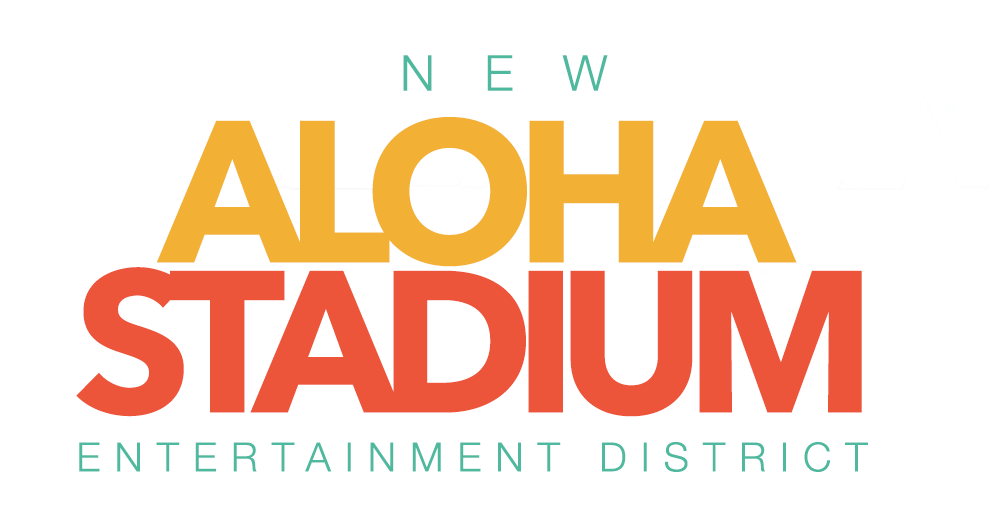Honolulu Star-Advertiser
Hawaii News
By Andrew Gomes
February 18, 2021
A state plan to redevelop the 98-acre site of Aloha Stadium in Halawa with a private partner is now a two-part endeavor.
Leaders of the state team driving the project disclosed Wednesday that a shortlist of three qualified developers selected last year will compete only to replace the rusted 50,000-seat stadium with a new 35,000-seat stadium and supporting facilities to be operated and maintained by the winning bidder under a long-term land lease.
A separate effort will be made to find private developers interested in competing to redevelop the balance of the state-owned stadium site largely occupied by 7,476 parking stalls, project officials said.
Originally, redeveloping the entire stadium site with a new sports complex, housing and commercial development that could include restaurants, retail, a hotel and other things was to be done in one swoop.
Adam Shaw, co-founder and executive vice president of WT Partnership, a consultant working with state officials on the public-private venture for the stadium site, said the bifurcation was made to produce a better project and in a more timely fashion.
“The real estate portion that will eventually envelop the stadium and complete the whole site is a process that we’re undertaking in parallel,” Shaw said during a news conference via Zoom. “That’s in recognition that the best-in-class stadium developer may not well be the best-in-class real estate developer, and so the state has undertaken to procure the best potential partner for the stadium and real estate separately.”
The state issued a request for qualifications in March to size up potential development partners for the stadium and surrounding real estate. Three finalists were selected in December.
Now, a separate request for qualifications covering only the surrounding real estate work is expected to be published later this year. Separate requests for detailed plan proposals for each piece would ideally be ready for release later this year, followed by signed contracts early next year.
Shaw said the state-driven plan largely being led by the Hawaii Department of Accounting and General Services is no longer holding out late 2023 as a targeted delivery date for a new stadium. This timetable is now more dependent on what competing bidders believe to be prudent.
Shaw also said that given more elaborate planning required for surrounding real estate development, construction of these parts of the project is expected to start in 2024 and stretch 20 years.
DAGS and an agency managing the stadium, the Stadium Authority, were recently asked by Gov. David Ige to reconsider the cost benefit of replacing Aloha Stadium with a new facility given a general fund decline brought on by the coronavirus pandemic.
The agencies also need the Legislature to pass a bill this year that recasts a role in the stadium project procurement process for the Hawaii Community Development Authority, a state agency experienced in redevelopment work in Kakaako and Kalaeloa.
READ FULL ARTICLE HERE.

